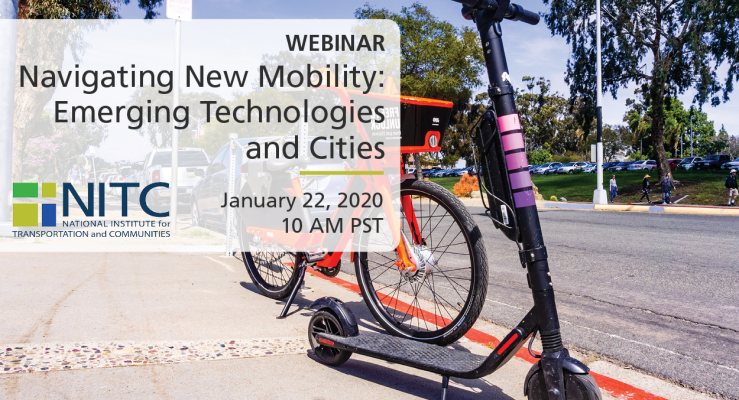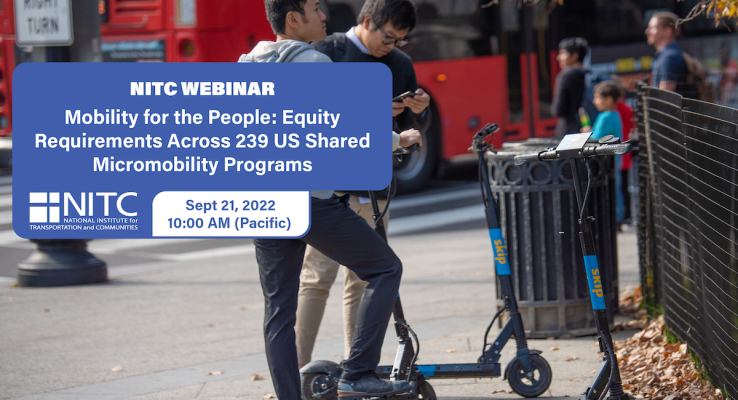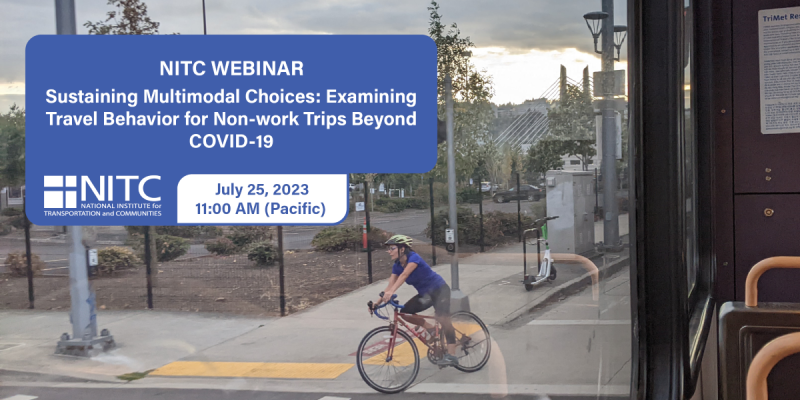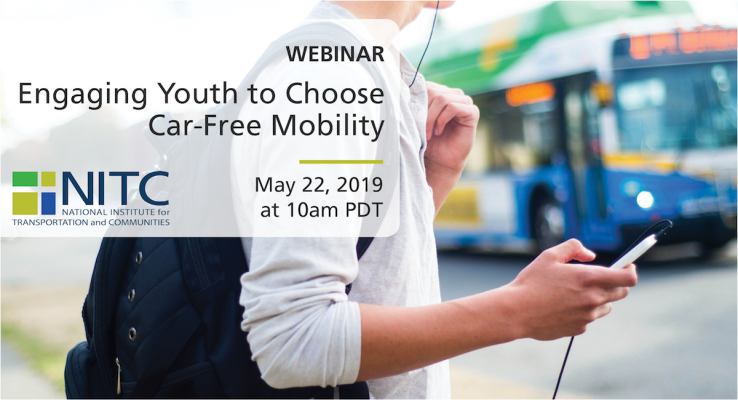PRESENTATION ARCHIVE
OVERVIEW
Autonomous vehicles (AVs), e-commerce and the sharing economy are rapidly changing land use and transportation in cities. City leaders and professional planners are wondering how these technologies will change how they plan and operate cities. For the past year, the University of Oregon’s Urbanism Next Center and Sustainable Year Program focused staff and students on helping the cities of Gresham and Eugene better understand the potential impacts of a wide-range of topics and study a variety of potential responses to address the challenges and take advantage of the opportunities. These topics include issues related to safety, social equity, active transportation, sustainability and environmental impacts, design and management of the right-of-way, and the metropolitan footprint. In addition, the cities thought about city operations and budgeting and how they can inform decision-making, manage innovation, and consider the fiscal impacts and new mobility revenue.
During this webinar, the Urbanism Next researchers will discuss the research they conducted to help the cities navigate new mobility and emerging technologies. Researchers will...
Read more



